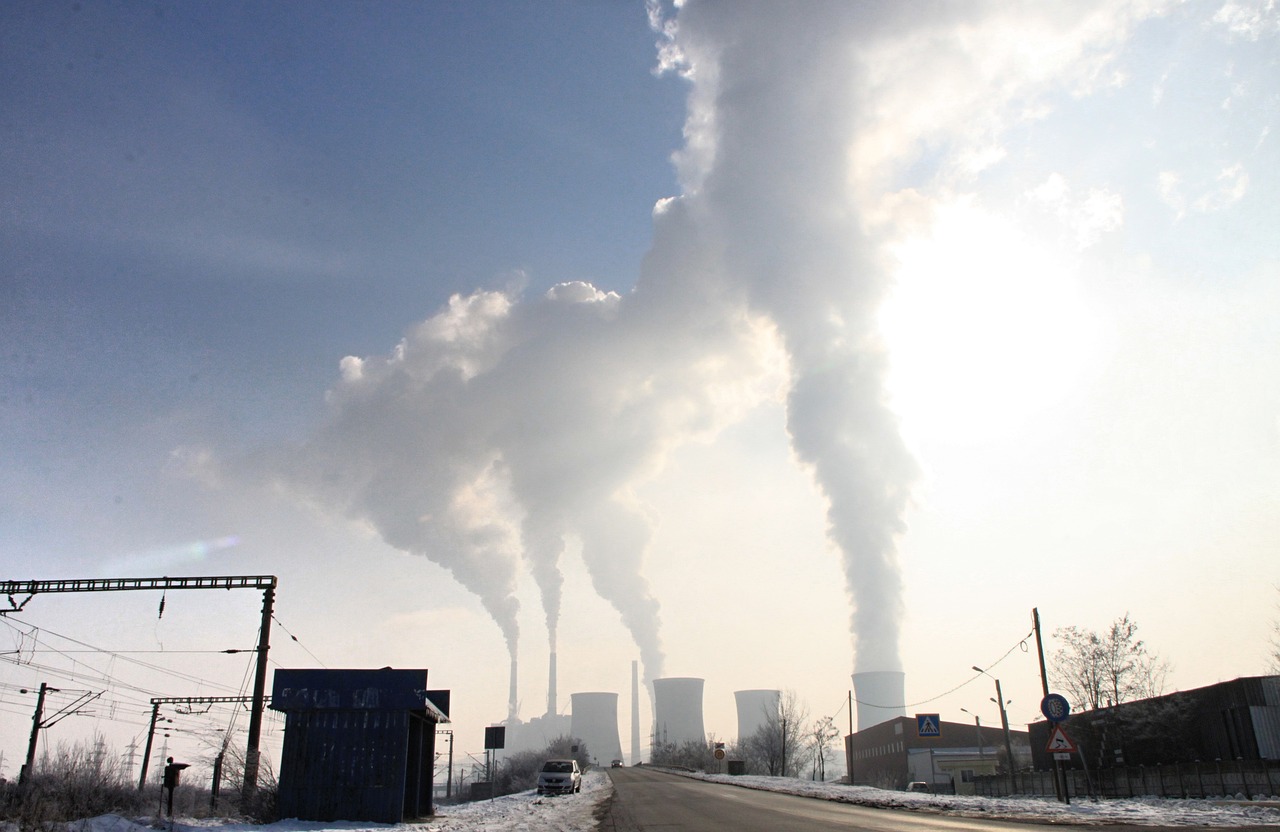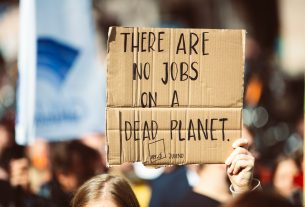At the COP29 climate summit in Azerbaijan, UK Prime Minister Keir Starmer made a bold commitment to reduce the United Kingdom’s greenhouse gas emissions by 81% by 2035. This ambitious target builds on the UK’s existing climate goals and is part of a broader strategy to position the country as a global leader in climate action while accelerating the transition to a net-zero economy.
Starmer’s announcement underscores the government’s determination to meet the climate goals set under the Paris Agreement and aligns with the UK’s broader climate plan to cut emissions to net-zero by 2050. The new pledge to reduce emissions by 81% by 2035 is aimed at setting an accelerated path for decarbonising the economy, particularly in sectors like energy, transport, industry, and agriculture.
Key Elements of the Commitment
The 81% emissions reduction target by 2035 is a significant step beyond the UK’s original commitments under international climate agreements. It sets an even higher bar for emissions reductions, positioning the UK on a trajectory that would far exceed the required emissions cuts outlined in the Paris Agreement.
Focus on Key Sectors:
- Energy Transition: A major portion of the emissions cuts will come from a rapid transition to renewable energy. This includes a substantial increase in offshore wind power, solar energy, and low-carbon hydrogen, as well as decarbonising the electricity grid by phasing out fossil fuels, particularly coal and natural gas.
- Transport: The UK has committed to moving towards a zero-emissions transportation sector. This includes increasing the adoption of electric vehicles (EVs) and supporting the infrastructure necessary for EV charging stations across the country. The ban on the sale of new petrol and diesel cars is a key part of this shift, set for implementation by 2030.
- Industry and Manufacturing: The UK’s heavy industries, which contribute a significant share of emissions, will undergo transformation through cleaner technologies and more sustainable practices. The government is also focusing on carbon capture and storage (CCS) to reduce emissions from difficult-to-decarbonise sectors.
- Agriculture: A growing emphasis on sustainable farming practices is part of the UK’s strategy, including incentivising farmers to adopt low-carbon techniques, such as precision farming and carbon sequestration methods that absorb more carbon dioxide from the atmosphere.
Investment in Green Technologies
Alongside this ambitious reduction target, the UK government has committed to increasing investments in green technologies and innovative solutions that will drive emissions reductions across the economy. These investments will focus on accelerating the deployment of clean energy infrastructure, scaling up hydrogen production, and supporting sustainable innovation in industry and agriculture.
Climate Finance and Global Leadership
In his speech at COP29, Starmer emphasized the UK’s role in climate finance to support developing nations in their transition to a green economy. The UK has pledged to increase climate finance to the Global South, with a focus on helping low- and middle-income countries mitigate and adapt to climate impacts. Starmer called for stronger global cooperation in the fight against climate change, urging wealthier nations to follow the UK’s lead in committing to more aggressive emission reduction targets.
Starmer also reaffirmed the UK’s commitment to supporting the Paris Agreement and COP28‘s outcomes, focusing on the need for fair and inclusive climate action that prioritises the needs of the world’s most vulnerable communities.
Challenges and Opportunities
While Starmer’s pledge has been widely welcomed by environmental groups and international partners, questions remain about how the UK will meet these ambitious targets. The challenges include:
- Ensuring a Just Transition: The commitment to a low-carbon future will require significant policy and economic changes. The UK will need to manage the transition carefully to ensure that workers and communities in carbon-intensive industries are not left behind. Starmer’s government has promised a just transition that will include retraining schemes and support for regions that rely heavily on fossil fuel industries.
- Energy Security: Transitioning to renewable energy will also raise questions about energy security, particularly in the face of global supply chain disruptions and geopolitical tensions. The UK will need to ensure that it has the infrastructure in place to provide affordable and reliable energy to households and businesses while cutting emissions.
- Innovation and Investment: Achieving such an ambitious target will require substantial investments in clean technology and infrastructure, including energy storage, grid upgrades, and CCS technologies. Starmer’s government has outlined plans to attract private sector investment to fund these developments, but it will need to overcome market challenges to make this a reality.
A Global Message from the UK
Starmer’s pledge at COP29 sends a powerful message to the international community that the UK is serious about leading by example in the fight against climate change. The commitment to an 81% emissions reduction by 2035 places the UK at the forefront of countries seeking to accelerate the decarbonisation of their economies and helps set the stage for stronger international collaboration.
Moreover, the UK’s continued support for climate finance and technology transfer to developing countries highlights the importance of equitable climate action and ensures that countries on the frontlines of climate impacts can access the resources they need to build resilience and pursue sustainable development.
Conclusion: The Road Ahead
Keir Starmer’s pledge to reduce emissions by 81% by 2035 is a bold and ambitious commitment that underscores the UK’s resolve to tackle the climate crisis head-on. While the path forward will be challenging, the government’s focus on a green transition, climate finance, and international cooperation presents a roadmap for addressing the climate emergency. As the world looks toward future climate negotiations and the implementation of the Paris Agreement, the UK’s leadership will be crucial in driving global momentum for more ambitious climate action.
With COP30 on the horizon and growing calls for more urgent climate action, Starmer’s announcement sets a high bar for both the UK and other nations to follow in reducing emissions and creating a sustainable, resilient future for all.
References:
- UK Government – “UK Emissions Reduction Plans and Commitments at COP29” gov.uk, 2024
- COP29 Declaration – “Keir Starmer’s Commitment to Reducing Emissions by 81% by 2035” COP29, 2024
- The Guardian – “UK to Slash Emissions by 81% by 2035” The Guardian, 2024
- The Climate Group – “UK’s Path to Net-Zero by 2050: The Role of Policy and Innovation” The Climate Group, 2024


